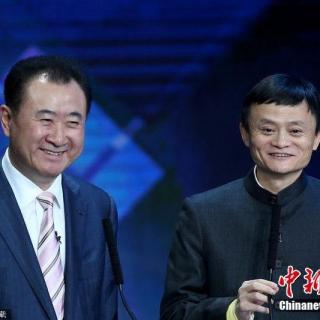
介绍:
本期嘉宾:
沈宏,
《华尔街日报》上海分社社长
Einar Tangen,
威斯康星州贸易委员会前主席
Story 1:
China sees first default by SOE unit
Baoding Tianwei Baobian Electric said that it was unable to make the 85.5 million yuan ($13.8 million) interest payment on time.
It was the third listed Chinese firm to publicly default on an interest payment to bond investors on an onshore issue, but the first owned by the State.
Baoding Tianwei Baobian Electric is a subsidiary of the Baoding Tianwei Group, which owns 23 percent of the listed entity. Baoding Tianwei Group is in turn entirely owned by the Beijing-based China South Industries Group, one of the big SOEs owned by the government through the State-owned Assets Supervision and Administration Commission of the State Council.
Story 2:
China&`&s central bank is set to recapitalize two of its three policy banks with money from the country&`&s foreign exchange reserves which have expanded to US$ 3.8 trillion.
The bank is to inject US$ 32 billion and US$ 30 billion, respectively, into China Development Bank (CDB) and Export-Import Bank of China (EXIM), through an arrangement vaguely described as "converting entrusted loans into equities."
Meanwhile, the Ministry of Finance is to inject an unspecified amount of capital into another policy bank, the Agricultural Development Bank of China (ADBC).
The State Council announced a few days ago that it had approved a reform plan for the three policy banks, which states that their capital should be replenished and the restraints on how they use them should be strengthened.
Story 3:
The founder and chairman of the Chinese conglomerate Dalian Wanda Group Wang Jianlin said that the group has started its fourth transformation, turning its focus from property development to other services such as Internet-based businesses.
Wang made the remarks at the 2015 China Green Companies Summit held in Shenyang, Northeast China&`&s Liao¬ning Province.
He said that Wanda will be upgraded to a modern service provider with commercial property, culture industry, finance and e-commerce as its four pillar sectors.
The conglomerate expects the services sector to contribute more than 65 percent of its total revenue in 2020, while property sales will only account for less than 35 percent.
大家还在听

